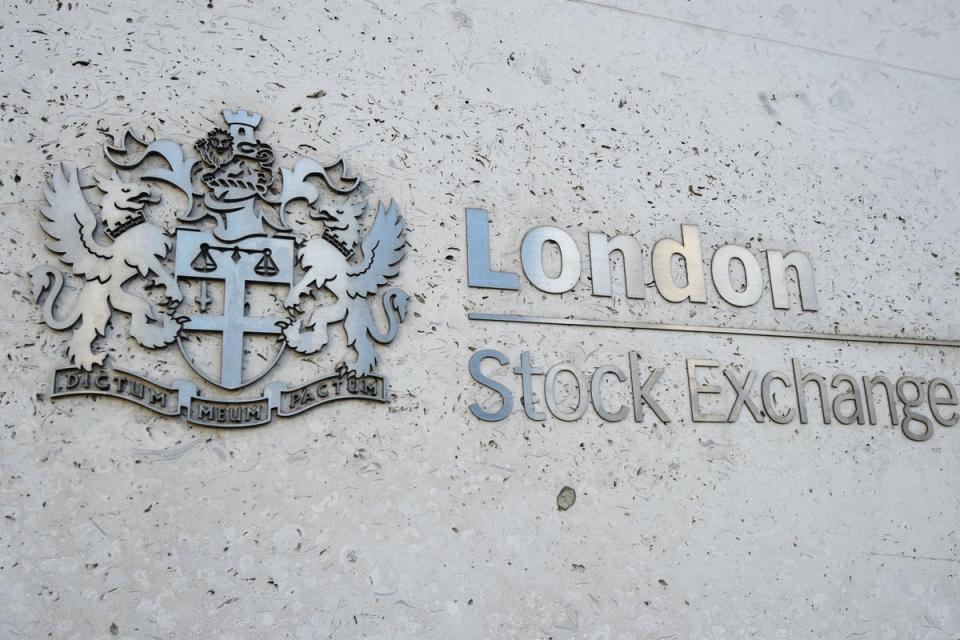London set to lure big floats this year as stock market bounces back, says LSE boss

THERE will be a bounce back in large companies looking to float in the UK this year said the boss of the London Stock Exchange as he insisted the market remains “core” to the wider business and will not be sold to foreign predators.
After a moribund couple of years for London floats which has seen big companies such as Arm prefer to list in New York, David Schwimmer says there is now “an encouraging IPO pipeline for the London Stock Exchange”.
That could include fashion giant Shein, the Chinese company that would be the second biggest London float in history after Glencore if it picks the UK over the US as seems increasingly likely.
Chancellor Jeremy Hunt met with Shein the other day to push London’s case.
Schwimmer says large companies are accepting global political uncertainty as unlikely to disappear while “finding a greater level of comfort” about the macro-economic environment, with inflation falling.
The CEO of the London Stock Exchange Group reported income for the year up 8% to £8 billion, with profits slipping 3.7% to £1.19 billion. The dividend to investors is up 7.5% to 115p a share.
There is an army of agitators in the City who think the LSEG is not the right owner of the stock market, since it is only 5% of revenues.
Schwimmer dismissed such talk today, telling the Standard that: “The LSE is absolutely core to our business. If you think about how we serve our customers, to be the primary exchange in Europe that is absolutely core to what we do.”
The trading on the LSE creates data that informs what it is able to share with clients across the world, he said.
Over the years, the exchange has fended off bids from rival exchanges in Sweden, Germany, America and Hong Kong. “I would encourage you to ask those people who are raising doubts where they think would be a better home for this venerable institution,” he added.
The London Stock Exchange has been at the heart of the City since it was founded in Sweeting’s Alley in 1801.
The group is poised to roll out AI products made in partnership with Microsoft that should increase the speed and quality of data to investors about companies they are considering buying into.
Schwimmer, an American former Goldman Sachs man, said: “Customers will shortly be using the first products from our partnership with Microsoft: together, we will transform how financial markets participants communicate, research, analyse data and trade.”
A merger with data group Refinitiv transformed the company.
Charlie Huggins, manager of the Quality Shares Portfolio at Wealth Club, said:
“The Refinitiv deal transformed LSE’s data capabilities, creating a financial powerhouse to rival Bloomberg. While it appears to be on track, with LSE exceeding its synergy targets, this is a highly complex and expensive integration. It is simply too early for LSE to declare victory. The real test of whether the Refinitiv merger has delivered on its promise will be whether LSE can accelerate its revenue growth, while improving its profitability. For now the jury is still out."
Shares in the LSEG rose 148p to 8764p today, valuing the business at £48 billion.
Schwimmer also said the UK should consider US style pay deals for CEOs.
He said: “When you look at standards for compensation around the world, the US is in a different place. That is an issue that companies that are competing on a global basis from a base in London need to take into account.”

 Yahoo Finance
Yahoo Finance 